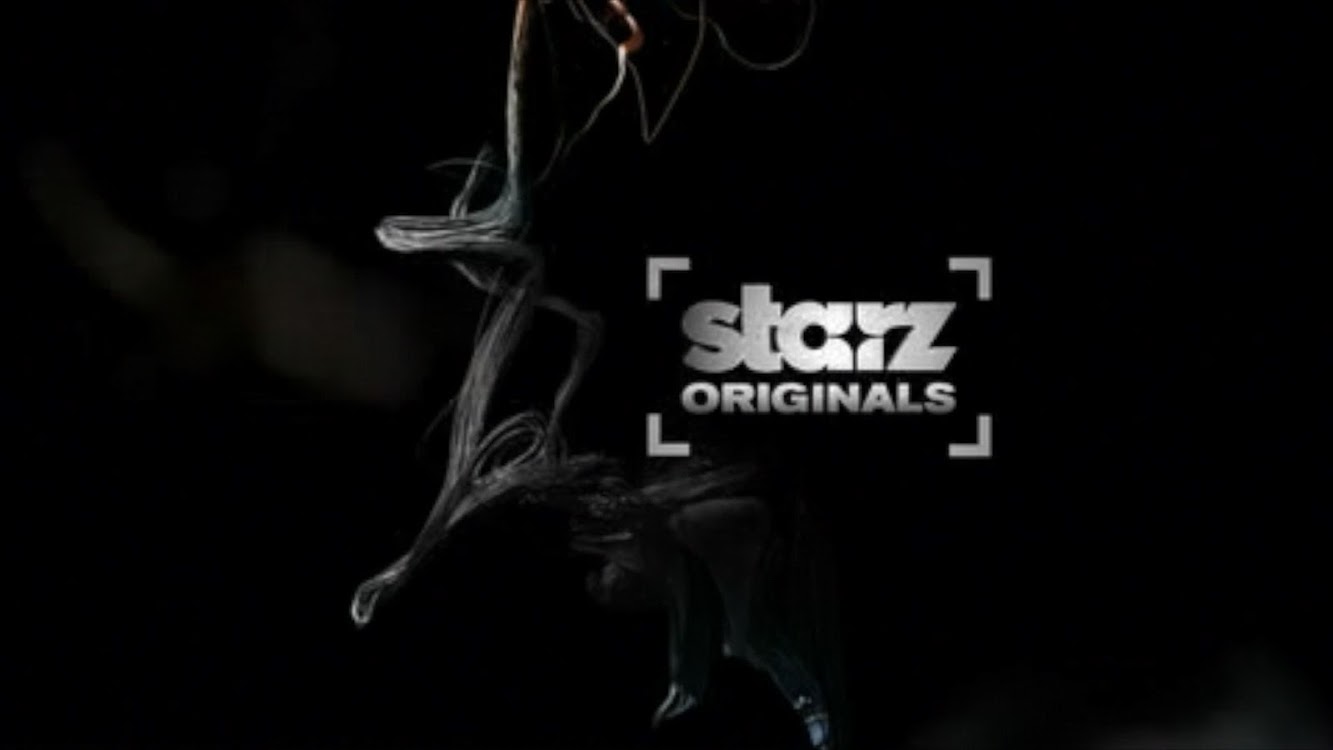ShowBusinessMan [Search results for hero]
Rob Ford Savours HERO Burger Chain Win At Toronto City Hall

Astronaut Alan in Epic Money Supermarket Ad

Greek Relief from Archaeological Museum of Athens goes on view at Getty Villa

Sicily. Art and Invention Between Greece and Rome at the J. Paul Getty Museum, Getty Villa

Heineken Legendary Hero Enjoys "The Sunrise" in New Web Film

The Debate Between Paper or Digital Is Finally Settled In This Brilliant Toilet Paper Ad

Saatchi NY and Logan Deliver “Getaway” for Lenovo Yoga 11S

"This is a pair of Levi's" | Levi's Go Forth 2012 Anthem Ad

Starz: Re-Brand Campaign

3.2 Million Ink Dots = Hero by Miguel Endara

Domino's Pizza "Delivering The Movies" UK Adverts

Old Spice Commercial "I Will Live Forever" Champion

New Carlsberg Advert "Crate Escape"

Lynx and Axe Prepare Us For The End Of The World with Lynx 2012

Carlsberg Puts Friendships To The Ultimate Test In This Epic Prank

Foreign Correspondent — Sony NEX DSLR Commercial

PUMA Introduces Mobium and Adaptive Running Technology with Cats

Specsavers "Sauna" Advert with Gordon Ramsay

AT&T "Hello" Commercial

Baby Charlie Ray In GoPro's Super Bowl Commercial "Dubstep Baby"
